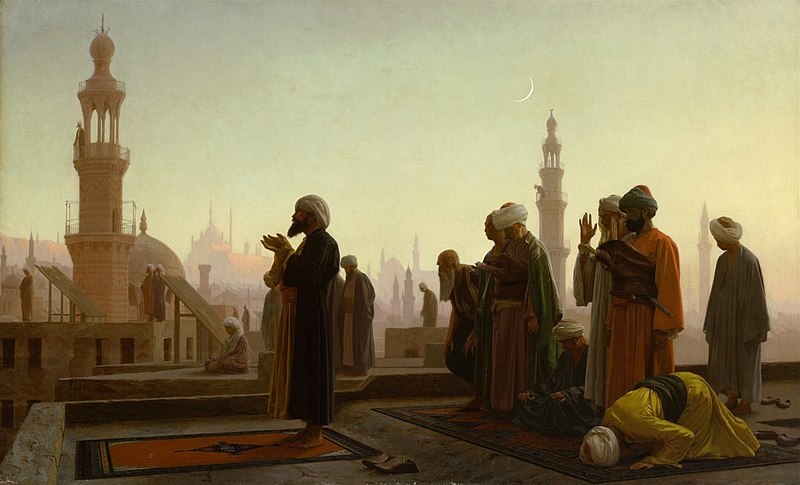La critica e la letteratura araba – Marco Calzoli
Il testo assume il suo significato nel momento in cui viene recepito dal destinatario, come se ci fosse una sorta di patto di cooperazione tra testo e destinatario. Il lettore, in questo senso, non è qualcuno che recepisce passivamente il testo ma coopera attivamente alla costruzione del senso. L’autore di un testo, nel momento in

